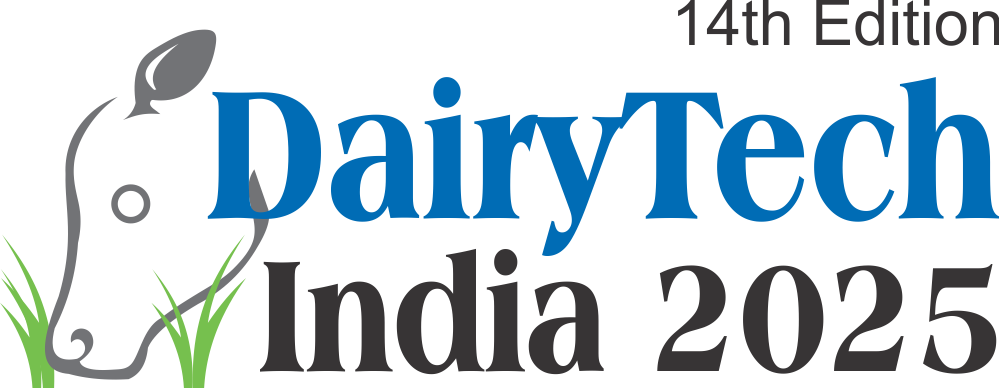India has been the leading producer and consumer of dairy products globally ever since 1998 with a
persistent growth. Dairy activities form one of the fundamental segments of the rural Indian
economy, serving as a significant source of employment and income. Nearly the entire of the dairy
produce in India is consumed domestically, with the majority of it being sold as fluid milk. On account
of this, the Indian dairy industry holds tremendous potential for value-addition and overall
improvement. The dairy market in India had reached a value of INR 11,357 billion in 2020. Along
with putting forward beneficial business prospects, the dairy industry in India serves as a tool of
socio-economic development. Keeping in view, the Government of India has established various
schemes and initiatives aimed at the improvement of the dairy sector. The private participation has
also increased over the past few years. Both national and international players are entering the dairy
industry attracted by the magnitude and potential of the Indian Dairy Market. The center of attention
has been the value-added products for instance cheese, yogurt, probiotic drinks, etc. and also
launching of modern products keeping in mind the particular requirements of the Indian consumers.
The improvisation of milk procurement network is promoting the development of the dairy industry in
India. Looking forward, the market is expected to reach a value of INR 21,971 billion by 2024,
exhibiting a CAGR of around 16% during 2019-2024..
Trends in the Dairy Industry
Consumer inclination towards a healthy lifestyle has turned tables for the dairy industry. This has
prompted players in the dairy foods market to innovate heavily in their offerings. One of the main
areas of focus in the dairy industry is to provide sustainable nutrition (healthy food) to people
produced in an environment-friendly manner. Clean labels have become the 'new supreme' for dairy
products. It has now turned from a 'fad' to a 'necessity'. The big players have made clean labels a
way of life as in helping to increase consumer trust and mitigate brand risk. Furthermore, there is a
rapidly growing need for transparency among consumers in the dairy industry. Employing data
technologies such as sensors, data analytics and digital technology at unprecedented levels are
empowering dairy companies to facilitate better decision-making. Companies are offering new and
innovative ways to entice customers. Flavoured dairy products are garnering much attention of the
younger population. Companies in the dairy industry are taking this trend rather seriously while also
bringing products that contain no or very less added sugar content. Companies in the dairy industry
have been using the functional and technical benefits in product development to drive more variety
and excitement into their products.
Challenges
India has the largest bovine population in the world as blessed with a huge biodiversity of 43
indigenous cattle breeds and 13 Buffalo breeds. However, the milk production per animal is
significantly low as compared to the other major dairy producers.
Besides, the Indian dairy sector is plagued with various other impediments like shortage of fodder,
poor quality of feed, poor transportation facilities and lack of appropriate cold chain infrastructure.
As a result, the supply side lacks in elasticity that is expected of it.
In terms of packaging, there is an additional need for protective packaging for cow's milk due to
artificial lighting. Light-protective packaging may be the most effective approach in protecting milk
from photo-induced sensory damage.
Despite challenges, one emerging trend in Indian dairying is the growing number of the commercial
dairy farms in the urban and peri-urban areas of the metros and big cities.
Emergence of Commercial Farming
Commercial dairy farming in India is undoubtedly playing a significant role in the total milk
manufacturing and economy of our country. And approximately all regions of India are appropriate
for setting up dairy farming business. Farmers need to learn about better dairy or cattle
management, good breeding, balanced diet, preventing disease, primary care and modern farming
techniques to get improved production. Keeping good prevention and management system improve
dairy farming.
Emergence of Commercial Farming
Commercial dairy farming in India is no doubt playing an important role in the total milk production
and economy of our country. And almost all regions of India are suitable for setting up dairy farming
business. Farmers need to learn about improved dairy or cattle management, proper breeding,
balanced diet, preventing disease, primary care and modern farming methods to get better
production. Keeping proper prevention and management regulations improve dairy farming.
Realizing the growing importance of commercialization, the dairy sector needs to meet the
challenges of globalization, in terms of organized production and marketing. Many State Dairy
Development Departments, cooperatives like Amul and private sector dairy players are giving an
impetus to setting up Hi-tech commercial dairy farms leading to clean milk production.
Holistic growth
As farming and dairy sector share an association owing to the equally connected inputs and outputs,
it is significant to promote the two together to move towards holistic growth. It is significant to bring
in quality feed material and well-organized feeding techniques, encourage commercialization and
automation of dairy farms, expand networks to promote processed food and beverages based on
milk, have well managed cold chain amenities to reduce wastage and organize the sector further.
So as to promote these and make sure the all-round development of the Indian dairy industry, we
invite dairy companies, investors, packaging and dairy processing machinery manufacturers, cold-
chain developers, feeds suppliers, livestock healthcare companies to join us at 15th DairyTech India
2026 from 21-22-23 August, 2026 in Bangalore, India. The event will have co-located show-17th
AgriTech India 2026.
DairyTech India 2026 is the best place to become part of the emerging Indian Dairy Industry and
promote its further commercialization.
